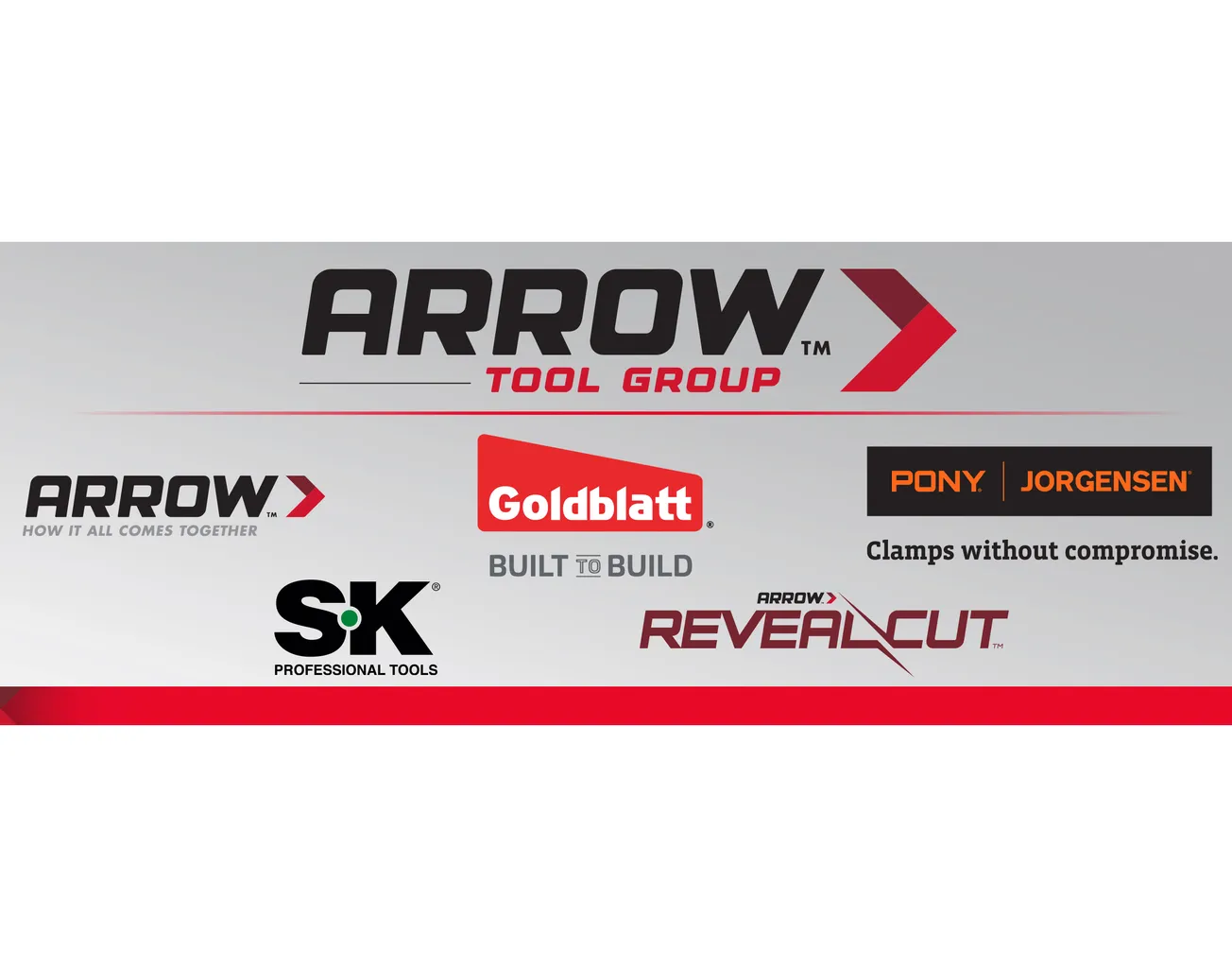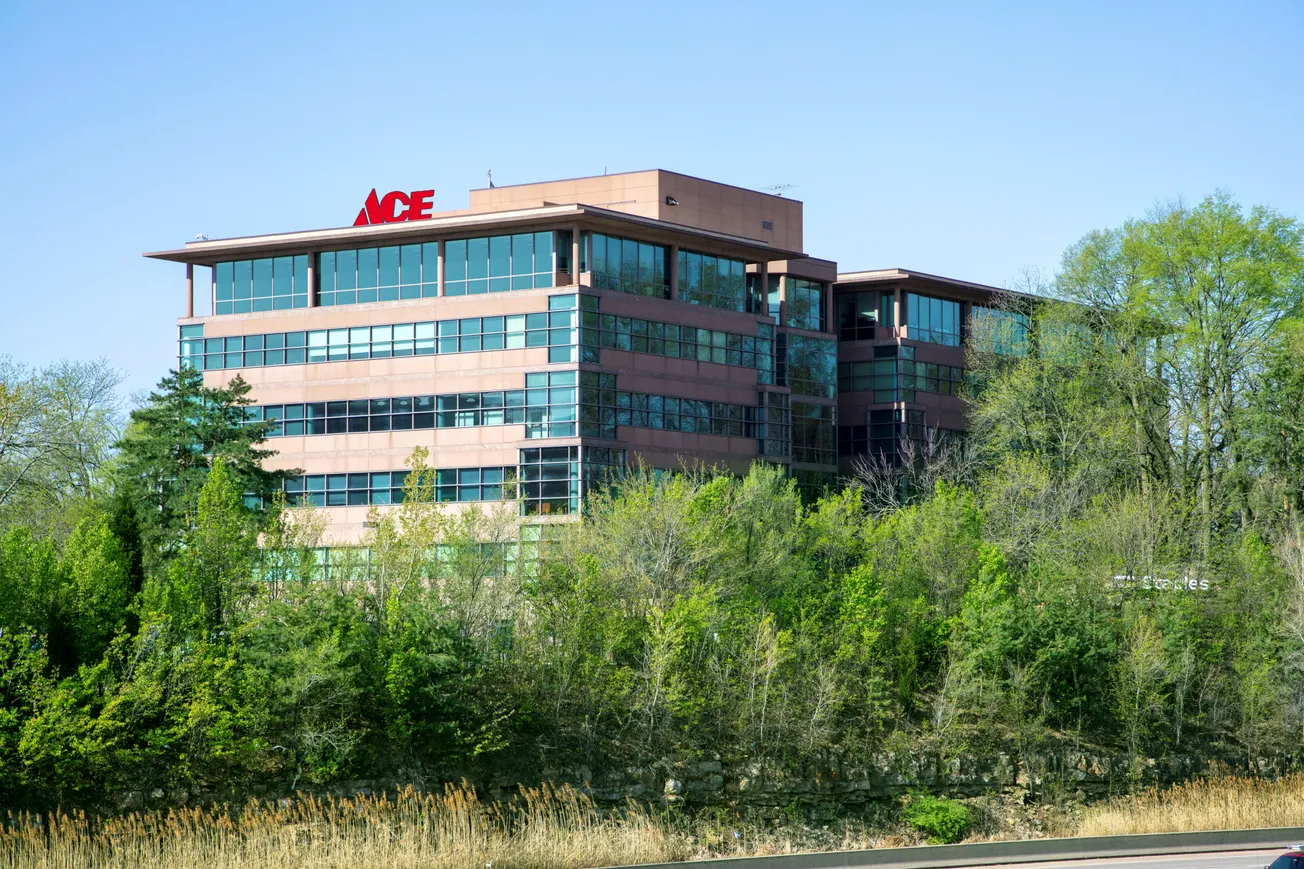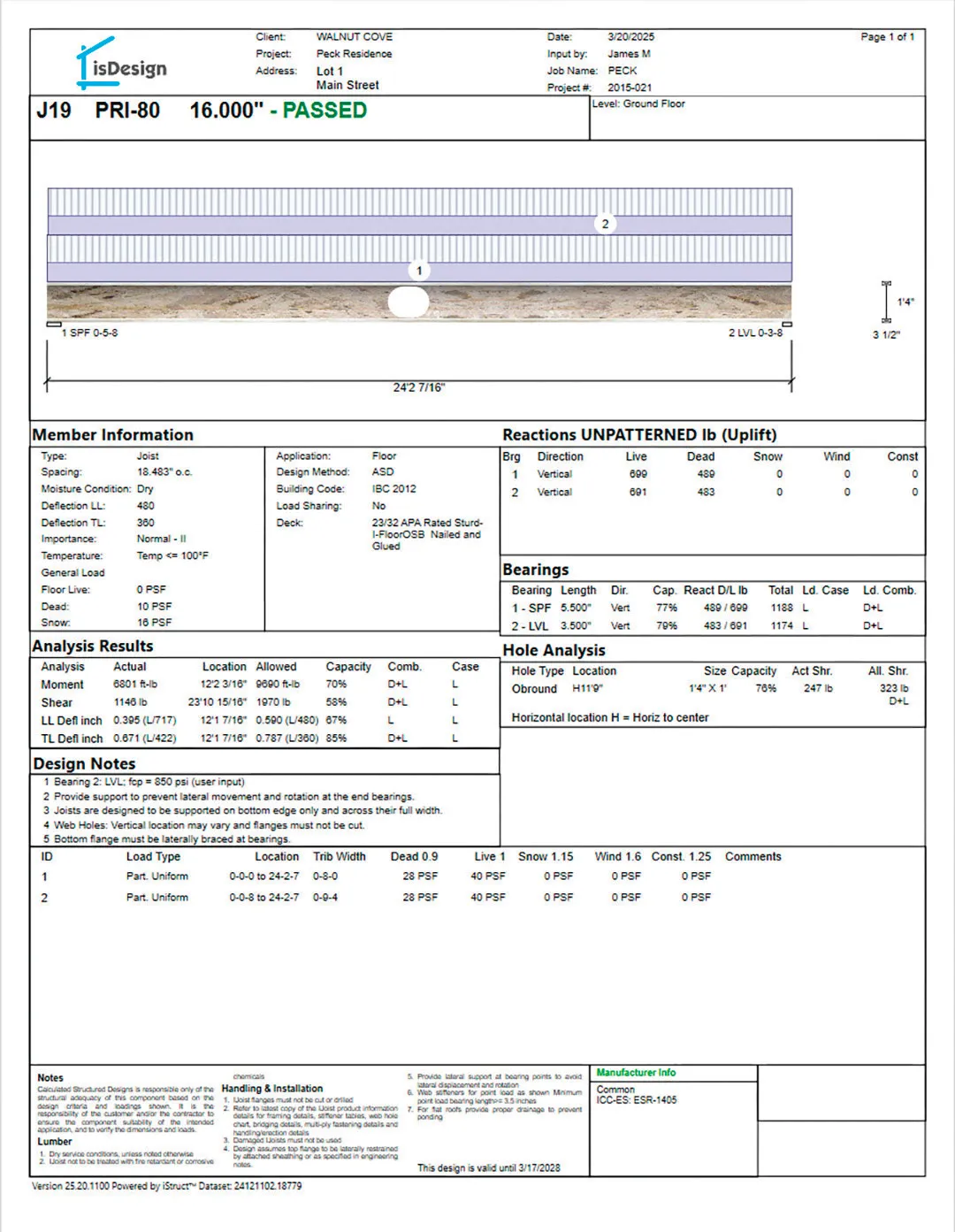Table of Contents
Abita Lumber Co., of Abita Springs, La.—on the wrong side of Lake Ponchartrain from New Orleans—has three strikes against it: location, location, location.
“We’re off the beaten path,” says GM David Melton, who signed on 18 years ago with the organization that emerged from a site promoting affordable building, which morphed into a lumberyard in 1984. It became part of parent company Phillips Building Supply in 1998, whose hands-off owners leave it to Melton to run the business. To overcome those strikes, he explains, “We had to make ourselves a destination. We’ll deliver anywhere we can be profitable,” but enticing local contractors—builders of custom homes and their subs, Abita’s bread and butter—is a far better way to run the show, he’s aware.
Sure, he notes, you can buy a hammer or the fasteners you’re looking for here, but the more-accessible boxes will be happy to sell you those, too. Instead, he preaches, “sell, focus and specialize—be absolutely the best—with things we can control in the market. Be an exclusive dealer for top-of-the-line products. Our three keys are Stihl outdoor power equipment, Big Green Egg grills, and Toro mowers. Also,” he hastens to add, “we’ve just taken on Andersen’s window and door lines—exciting.”
Wait a minute! He’s quick to note, however, “Number one, we’re a lumberyard. We carry everything from the ground up: one-stop shopping. Thanks to Phillips, we can claim we manufacture roof and floor trusses; assemble windows and doors; and treat our own lumber. They sell to us, and this way we cut out the middle-man and can be more flexible in price vs. our competition. It helps us make money for our contractor customers, too.”
Abita’s hardware department stands apart from your typical line-up of wrenches and nails. “Sure, we handle the nuts and bolts of it (Melton chuckles at his pun), but we’re far from typical—not every plan-o-gram of a massive store. Instead, we pick core products needed in this actual market—for instance, because we’re in a hurricane zone, the items needed for preparation and recovery, like gas cans and tarps. You’ll also find all the things you need for your projects—even pipe insulation for that rare freeze—but,” he draws the line—“we do not sell the fluff: no wind chimes, no garden gnomes. The big reason people shop here is the breadth and quality of our products and the service we provide.”
That superior service comes from a 32-person staff, many with double-digit longevity. “Because trained experts are hard to find here in Abita Springs, we grow and develop individuals,” he explains. “And the best way to do that is to empower and enable them to be decision-makers. If I do my job right, they’ll only make a bad decision once,” then learn from it.
“We cater to our custom builders,” Melton makes it clear. “The relationships we’ve developed with tradesmen and contractors is key,” he emphasizes, “and even in the 21st century, this is a relationship business. It makes our job easy. We spend a lot of time with these contractors—even more than our families sometimes (another laugh). They become our personal friends, spending time together outside the job, like ‘I’m going hunting/fishing. Wanna tag along?’”
Relationships cement the exchanges with Abita’s suppliers. “They’re very important to us, and our relationships with them help pull through sales, our code to success. You’ve got to have products at competitive prices, and we’re the conduit for the end-users. If there’s a breakdown, it falls on us. You’re always dealing with the ‘tricky triangle’: quality, price and impeccable service. We’re known for this: we tell the truth and deliver what we promise. We are a business partner, not”—he couldn’t put it stronger—“not just a supplier. Rather, we partner with our pros and vendors in every way we can. We preach what’s beneficial for both of us, and that word gets around. The subs recommend us: That’s our bread and butter, that word of mouth. Yet our salespeople realize it’s a shifting business. We always have to be fresh, on the cutting edge. As folks retire, we’re seeing a new generation in the builders we cater to, and that allows us new opportunities.”
Keeping your eyes (and options) open is vital to survive a recession, too. Deep into southern Louisiana, Melton notes, it’s the last place to be hurt but also the last place to recover. “Here, we depend on the oil and gas industry, and it took a big hit; a lot of folks went out of business. The bottom line is: Leverage is key. If you owe a lot of money, it’s hard to make it.
“For the pros, when building stops, they stop. So your survival is based on leverage, on not chasing a pie in the sky. Spec homes went away, and that was a large part of our business. If a builder focuses on specs—maybe formerly did eight or 10, and he continues to put up eight or 10—those guys are lost. The smart ones now do only two (and these guys made it).”
GM Melton, who majored in life lessons rather than pound out a college degree, couldn’t be happier in his job. “This is the only thing I’ve ever done. I fell in love with the industry—first in retail, then wholesale. I came to Abita in 1999 and love it. The people I work for really treat me well, and empower me (as I empower our employees).
“It’s rewarding to help people, and then they want to help us in return—be friends, recommend us. I’m not one to sell you something and never see you again; I couldn’t sell encyclopedias,” he laughs. “The products we sell, our customers need. Builders need lumber, so they buy from us—and that’s the fun part!”









